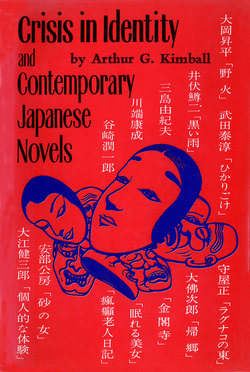Crisis in Identity

Реклама. ООО «ЛитРес», ИНН: 7719571260.
Оглавление
Arthur G. Kimball. Crisis in Identity
Отрывок из книги
CRISIS IN IDENTITY
IDENTITY
.....
But the changes have been great. The most important ideological change in postwar Japan was negative, say the authors of America's standard textbook on East Asia. It was "the destruction of the sociopolitical identity that had functioned as the basis of orthodoxy until 1945."23 In its place is something new. "The new education, the consumer society, new economic patterns, the rise in the status of women, the slow advance of the conjugal family ideal, unionization, the pursuit of happiness, the new religious freedom, all can be seen as quantitative change along lines begun in prewar Japan. Yet the changes are not simply linear. Rather, the total effect is a new social configuration, a new way of life."24
One of the indicators of the complexity of the new way is the very term "identity." For better or worse, one can no longer define oneself simply in elemental terms like "male" or "female," "adult" or "child." One is expected to draw and quarter and then further subdivide oneself into innumerable bits of allegiance which, metaphysically glued together, make up one's "identity." A Japanese now may be not only husband, father, uncle, or grandfather, but Liberal Democrat, Socialist, or member of Komeito. More than eldest son, head of household, or go-between for a friend's daughter's marriage, he may be inner-directed, other-directed, old-fashioned, or new-fashioned. In short, he may identify himself in terms of various combinations of factors—geographical, political, economic, social, religious, psychological, family, home, or other. And one might, if he is Japanese, be specially tempted to associate himself with the institution where he is employed, as the custom of identifying on the telephone implies. "Hello, this is Mitsubishi's Mr. Tanaka speaking," one says, or, "Hello, this is Tokyo University's Mr. Suzuki." It's all part of one's "identity."
.....